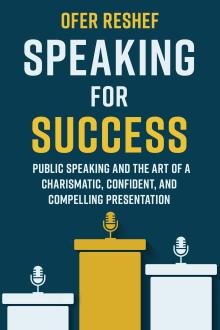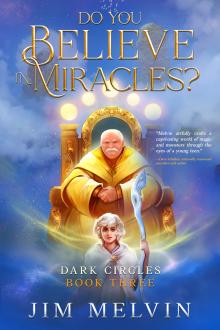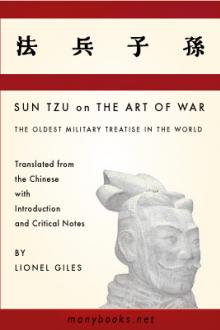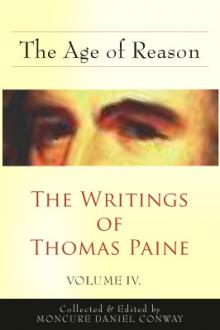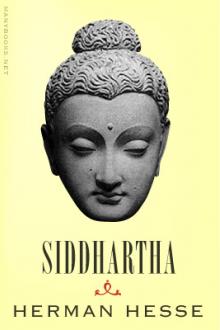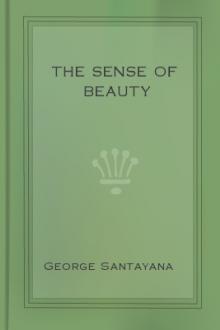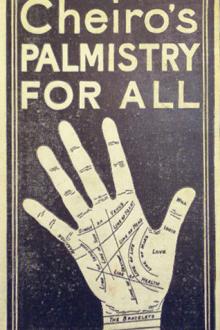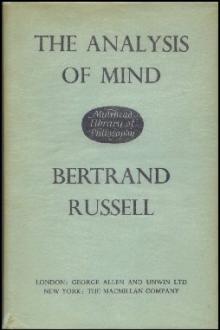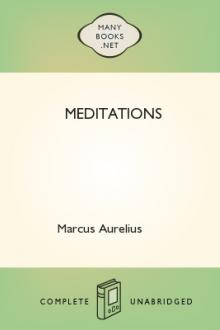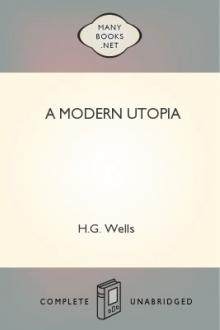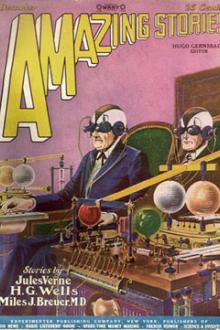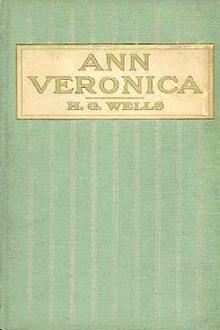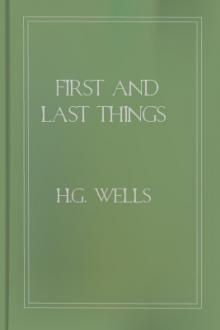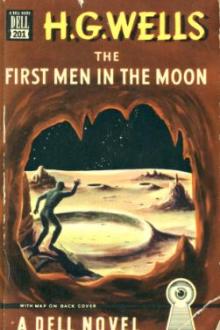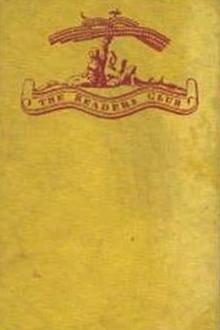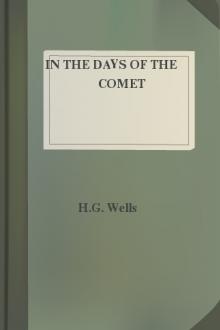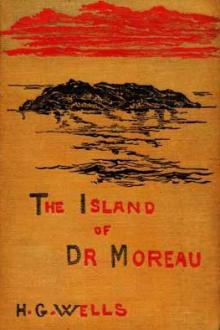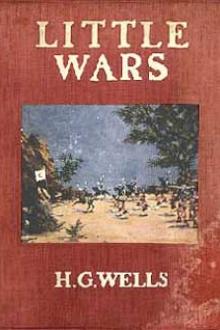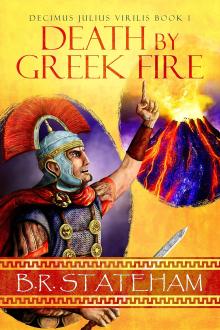God The Invisible King
God The Invisible King
"Serious and earnest. The force with which he urges the possibility of a personal and vivifying consciousness of God must be admitted even by those who would dispute his ecclesiastical history." The Living Age.
Book Excerpt
mits this question because he does not consider that it has any more bearing upon the essentials of religion, than have the theories we may hold about the relation of God and the moral law to the starry universe. The latter is a question for the theologian, the former for the psychologist. Whether we are mortal or immortaea of this book very roughly, these two antagonistic typical conceptions of God may be best contrasted by speaking of one of them as God-as-Nature or the Creator, and of the other as God-as-Christ or the Redeemer. One is the great Outward God; the other is the Inmost God. The first idea was perhaps developed most highly and completely in the God of Spinoza. It is a conception of God tending to pantheism, to an idea of a comprehensive God as ruling with justice rather than affection, to a conception of aloofness and awestriking worshipfulness. The second idea, which is opposed to this idea of an absolute God, is the God of the human heart. The writer would suggest that the great outline of the
FREE EBOOKS AND DEALS
(view all)Popular books in Religion, Philosophy
Readers reviews
0.0
LoginSign up
Be the first to review this book
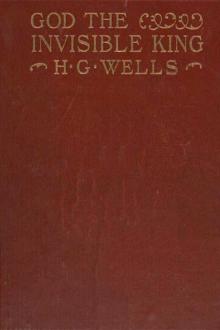
 Free Download
Free Download
